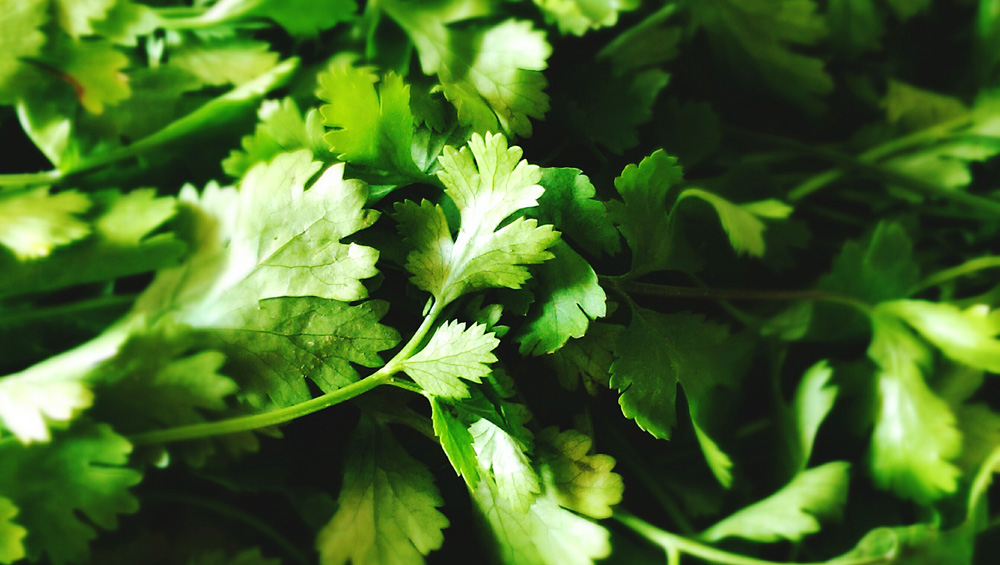-
Tips for becoming a good boxer - November 6, 2020
-
7 expert tips for making your hens night a memorable one - November 6, 2020
-
5 reasons to host your Christmas party on a cruise boat - November 6, 2020
-
What to do when you’re charged with a crime - November 6, 2020
-
Should you get one or multiple dogs? Here’s all you need to know - November 3, 2020
-
A Guide: How to Build Your Very Own Magic Mirror - February 14, 2019
-
Our Top Inspirational Baseball Stars - November 24, 2018
-
Five Tech Tools That Will Help You Turn Your Blog into a Business - November 24, 2018
-
How to Indulge on Vacation without Expanding Your Waist - November 9, 2018
-
5 Strategies for Businesses to Appeal to Today’s Increasingly Mobile-Crazed Customers - November 9, 2018
US bans some Mexican cilantro after feces found in fields
These fields didn’t just have human feces and toilet paper-according to the report, there were all kinds of unsanitary conditions, including “inadequately maintained and supplied toilet and hand washing facilities (no soap, no toilet paper, no running water, no paper towels) or a complete lack of toilet and hand washing facilities”, and unwashed surfaces where the cilantro was either being cut or transported.
Advertisement
Cyclospora, a parasite that lives in subtropical regions, causes an infection called cyclosporiasis when ingested in its mature state.
An import alert from the FDA says, “The Centers for Disease Control and Prevention (CDC) and state public health officials have identified annually recurring outbreaks (in 2012, 2013, and 2014) of cyclosporiasis in the United States which have been associated with fresh cilantro from the state of Puebla, Mexico”.
They also found dirty containers that held cilantro, and, at one time, water that tested positive for the cyclospora parasite that caused the stomach illnesses, particularly in Texas. Another reason the FDA thinks the outbreaks are linked is because of the Cyclospora parasite. The major symptom is watery diarrhea which can last anywhere from a few days to a few months.
The cyclosporiasis outbreak last year affected 19 states, though 64 percent were reported from Texas, where 57 percent of people who got sick said they ate fresh cilantro before becoming ill. The illness is most often found in the tropics and subtropics, and is not common in the US.
Advertisement
The move comes after health officials found human feces and toilet paper in growing fields, which have been linked to hundreds of intestinal illnesses dating back to 2012. The facilities will have to prove that conditions are sanitary before the ban is lifted. The seasonality of the previous C. cayetanensis outbreaks warrants detaining cilantro from the state of Puebla, Mexico during April 1 through August 31 of every year.





























